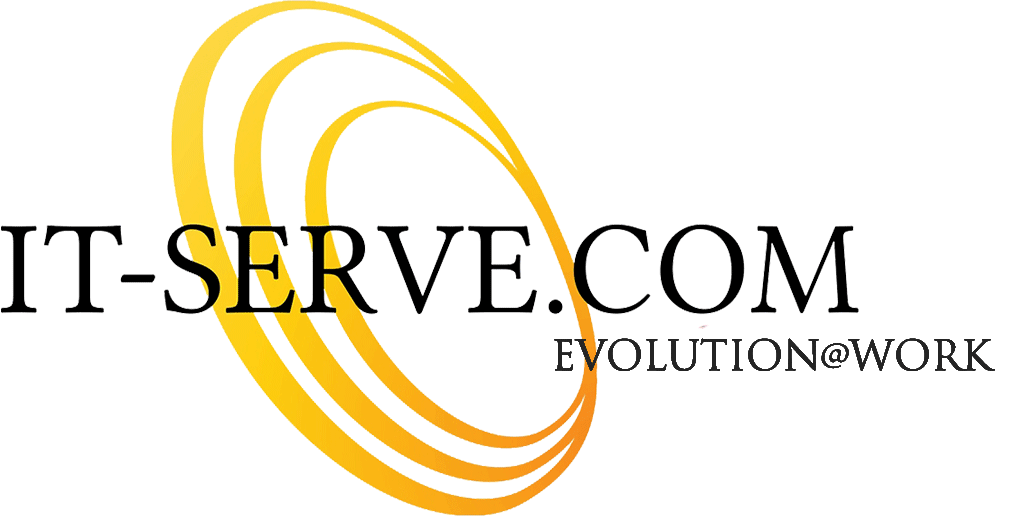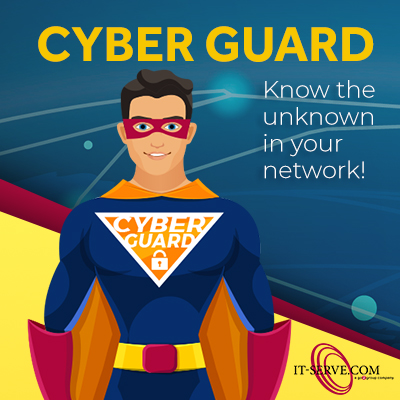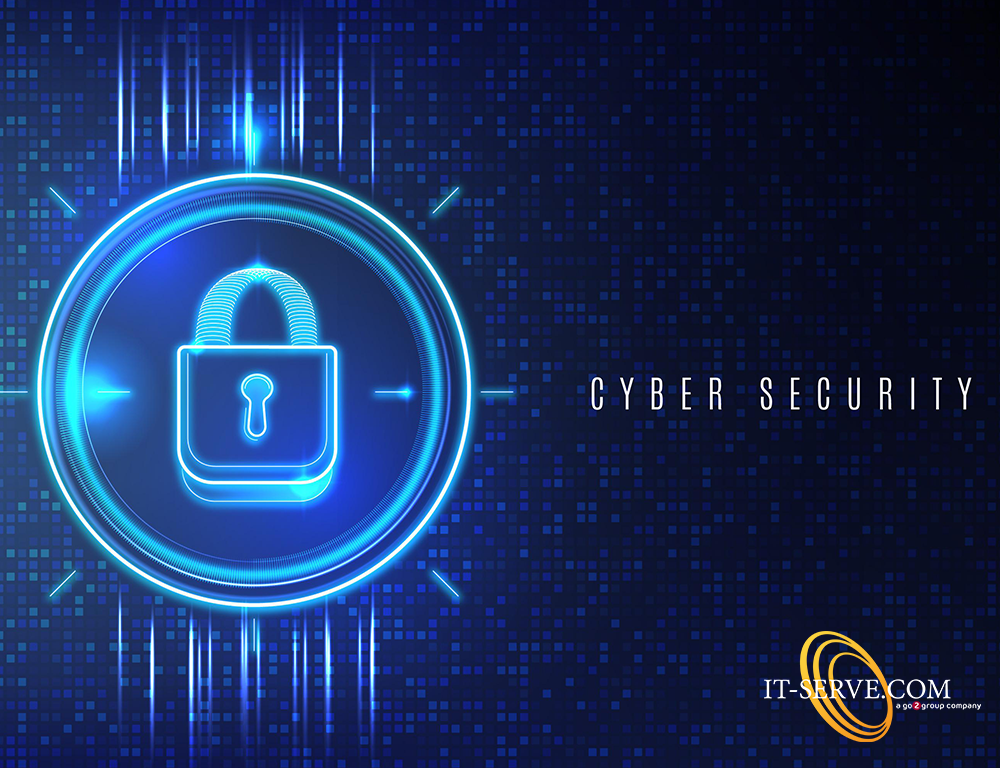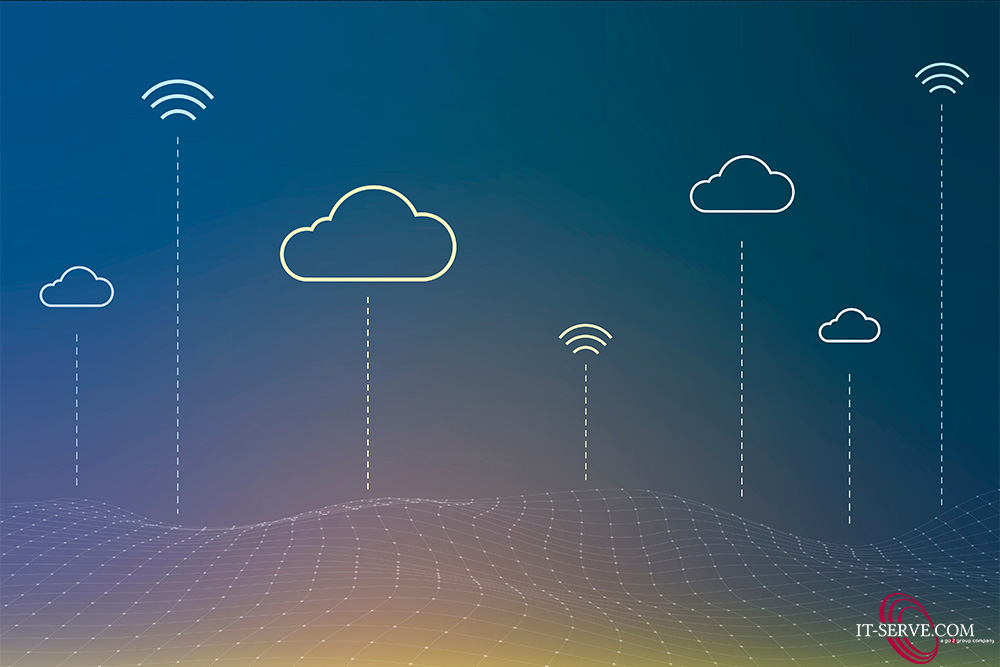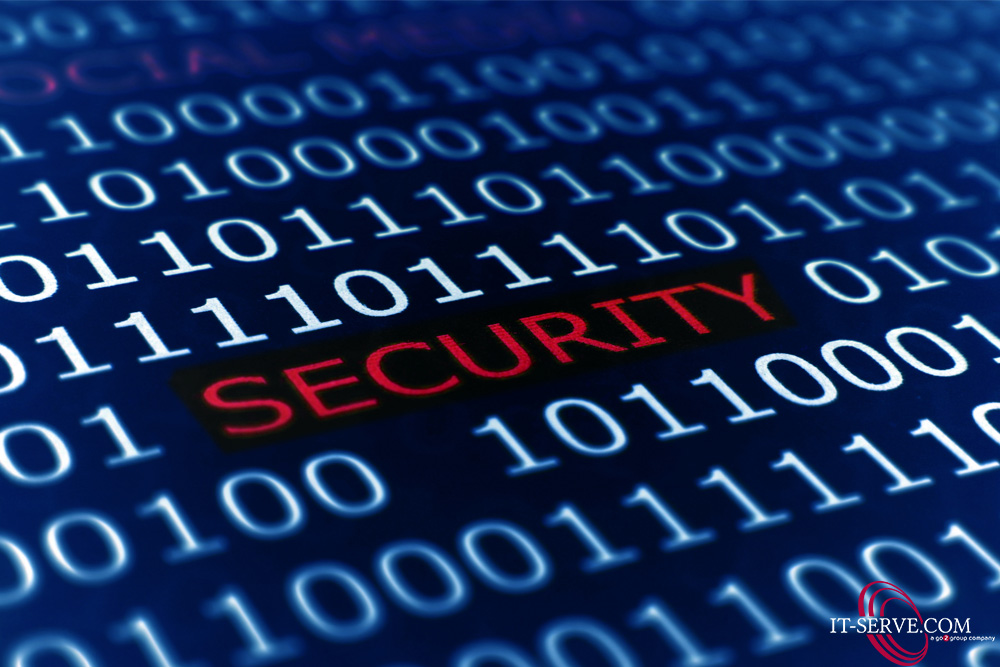
Businesses and organizations of all industries have implemented work from home practices for their employees to ensure their staff stay safe and healthy during the current 2020 Corona virus pandemic. Not only that, but having employees work from home assures business continuity whilst taking the appropriate cautions and not having employees be exposed to any risk whatsoever.
However, working from home does not come without a few shortcomings. A recent study in March 2020 showed that home networks are 3.5 times more likely to be infected by some sort of malware compared to that of an office network. Additionally, 57% of employees working remotely insecurely save passwords in browsers on their corporate devices. In some cases, it may not be the employee themselves who directly put their corporate devices at risk but apparently 21% of them allow other members of their household to use their devices for activities like schoolwork, gaming and shopping. The other family members are more likely toclickon malevolent links or mistakenly download malware on the laptop. With work from home procedures in place, organizations are more vulnerable to cyber attacks that could lead to data breaches. It’s vital that both employees and organizations take proper precautions to limit this risk and monitor, react and contain any sign of intrusion within corporate networks. However, despite the additional security risks posed by the huge rise in remote working, 57% of IT professionals surveyed said they haven’t actually done anything to strengthen their security protocols in this period or educate the employees on staying safer online.
HACKERS CAN MANIPULATE VPN
Virtual private networks, or VPNs, have become the new lifeline for many organizations, extending encrypted networks to employees’ homes and allowing access to files and documents which could usually only be opened in the office. However, many home networks and devices are already infected with malware and this compromised hardware is a gateway for hackers to exploit through the VPN. It would be advisable that IT run a full diagnostic checkup on whichever device the employee will be remotely working on before they install the VPN, and clean out any malicious malware that may compromise the security of the device.
LACK OF SUPPORT AND GUIDANCE CREATES AN OPPORTUNITY FOR CYBER CRIMINALS
The rapid shift of working from office to home has changed the ways many organizations do business. Face-to-face meetings have been moved to video conferencing calls —yet a survey conducted by IBM showed many employees are lacking guidance, direction and policies from their IT department. The survey showed that 45% of all employees had received no training whatsoever. These are the employees who are more susceptible to falling victim to a hacker’s attacks. They may click on a malware infested link, or they may share sensitive information with a wrong person etc. IT teams should brief all employees who are to work remotely and raise awareness of the do’s and don’ts of working at home safely.
EXTERNAL MANAGED SERVICE PROVIDER
Moving an entire organization from the office to home can also be a quite the daunting task. The lack of training for employees from in house IT staff can sometimes be due to the lack of time as they’re too overwhelmed with migrating software to be remotely accessible for employees. This is where an external IT provider can come in handy. These providers specialize in these fields and can assist for a smoother transfer for employees at home and even a n even smoother transition of IT infrastructure when employees come back to office. Also most managed service providers can provide a quick briefing to employees as well as a hotline that can provide assistance to staff if needed. All in all, an external managed service provider can be a real help in these times of change, and their transparency with the contract will ensure that no hidden costs will be incurred when ensuring the integrity of the company’s cyber security.
